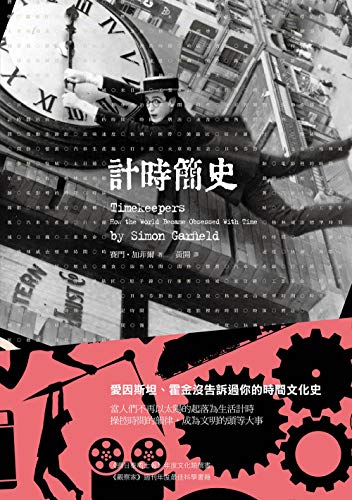What do you think?
Rate this book


329 pages, Kindle Edition
First published September 29, 2016
Time, once passive, is now aggressive. It dominates our lives in ways that the earliest clockmakers would have surely found unbearable. We believe that time is running away from us. Technology is making everything faster, and because we know that things will become faster in the future, it follows that nothing is fast enough now. . . But the strangest thing of all is this: if they were able, the earliest clockmakers would tell us that the pendulum swings at the same rate as it always has, and the calendars have been fixed for hundreds of years. We have brought this cauldron of rush upon ourselves. Time seems faster because we have made it so.
This is a book about our obsession with time and our desire to beat it. . . The book has but two simple intentions: to tell some illuminating stories, and to ask whether we have all gone completely nuts.He begins with telling the well-known (at least in brush strokes) story about the invention of time zones -- but man, did I not understand really how this came about. Then he covers the experiments with the calendar, the clock, etc. tried following the French Revolution (and how some of those experiments live on). We get a couple of chapters on time and the cinema. Music (Beethoven, The Beatles, recording and more), photography, filibustering, the work day, and other sundry topics are covered as well. You can't forget watch-making, watch-marketing, watch-design, watch-capabilities, watch-symbolism, and a few other watch-related notions that I can't think of at the moment.